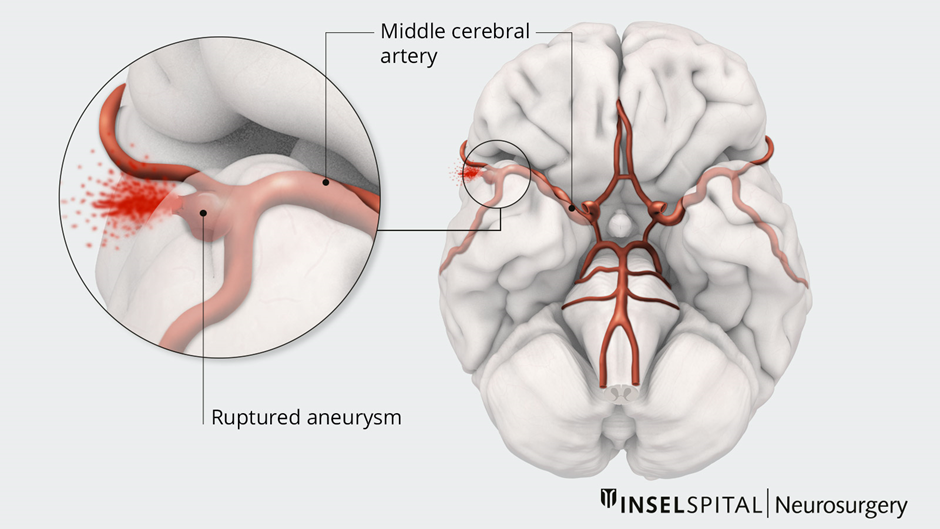Which of the following could the nurse expect to observe in an older adult client who has a pneumothorax?
Higher oxygen saturations of 98% to 99%
Lower oxygen saturations of 93% to 94%
Lower energy expenditure
Increased lung capacity
The Correct Answer is B
Choice A Reason:
Higher oxygen saturations of 98% to 99% is inappropriate. A pneumothorax involves the presence of air in the pleural space, which can compromise lung function and gas exchange. This compromised lung function typically leads to decreased oxygenation of the blood, resulting in lower oxygen saturations rather than higher saturations.
Choice B Reason:
Lower oxygen saturations of 93% to 94% is appropriate. A pneumothorax disrupts the normal exchange of oxygen and carbon dioxide in the lungs due to partial or complete lung collapse. As a result, the affected lung is unable to adequately oxygenate the blood, leading to lower oxygen saturations, which are indicative of hypoxemia.
Choice C Reason:
Lower energy expenditure is inappropriate. Energy expenditure is not typically affected by a pneumothorax. While the discomfort and respiratory distress associated with a pneumothorax may cause the individual to limit physical activity, there is no direct impact on overall energy expenditure.
Choice D Reason:
Increased lung capacity is inappropriate. A pneumothorax results in partial or complete collapse of the affected lung, reducing lung capacity rather than increasing it. The presence of air in the pleural space creates positive pressure, which can compress the lung and decrease its ability to expand fully during inhalation.
Nursing Test Bank
Naxlex Comprehensive Predictor Exams
Related Questions
Correct Answer is B
Explanation
Choice A Reason:
Keeping lights turned to medium level in the evening is incorrect. This intervention is aimed at reducing environmental stimuli, which may be appropriate for some patients with neurological conditions to minimize sensory overload and promote rest. However, it is not a specific intervention for preventing cerebral aneurysm rupture.
Choice B Reason:
Maintaining the head of the bed between 30 and 45° is correct. Keeping the head of the bed elevated can help reduce intracranial pressure and decrease the risk of cerebral aneurysm rupture or rebleeding in patients with aneurysmal subarachnoid hemorrhage. This position promotes venous drainage from the brain and helps prevent increases in intracranial pressure.
Choice C Reason:
Administering hypotonic intravenous solutions is incorrect. Hypotonic intravenous solutions have a lower osmolarity than blood plasma and can lead to cerebral edema, which may exacerbate intracranial pressure and increase the risk of cerebral aneurysm rupture. Isotonic solutions, such as normal saline (0.9% NaCl) or lactated Ringer's solution, are typically preferred for fluid resuscitation and maintenance in patients at risk of cerebral aneurysm rupture.
Choice D Reason:
Reposition the client every shift is incorrect. Repositioning the client every shift helps prevent complications associated with immobility, such as pressure ulcers, pneumonia, and venous thromboembolism. While important for overall patient care, repositioning alone does not directly address the risk of cerebral aneurysm rupture.

Correct Answer is D
Explanation
Choice A Reason:
Osteoporosis is inappropriate. Chronic respiratory acidosis can lead to osteoporosis over time due to several factors, including chronic hypoxemia, which can affect bone metabolism and lead to bone loss.
Choice B Reason:
Polyuria is inappropriate. Polyuria, or increased urination, is not typically associated with chronic respiratory acidosis. In fact, respiratory acidosis tends to cause retention of bicarbonate ions, which can lead to compensatory metabolic alkalosis and decreased urine output.
Choice C Reason:
Anxiety and depression is inappropriate. Chronic respiratory acidosis can lead to symptoms such as lethargy, confusion, and decreased mental acuity due to the effects of elevated CO2 levels on the central nervous system. While anxiety and depression are not direct consequences of chronic respiratory acidosis, individuals with COPD may experience anxiety and depression as a result of their chronic respiratory condition.
Choice D Reason:
Delirium is correct. Delirium, characterized by an acute change in mental status, confusion, and altered consciousness, can occur in severe cases of chronic respiratory acidosis, especially during acute exacerbations. Elevated CO2 levels can affect brain function and lead to symptoms of delirium.
Whether you are a student looking to ace your exams or a practicing nurse seeking to enhance your expertise , our nursing education contents will empower you with the confidence and competence to make a difference in the lives of patients and become a respected leader in the healthcare field.
Visit Naxlex, invest in your future and unlock endless possibilities with our unparalleled nursing education contents today
Report Wrong Answer on the Current Question
Do you disagree with the answer? If yes, what is your expected answer? Explain.
Kindly be descriptive with the issue you are facing.
